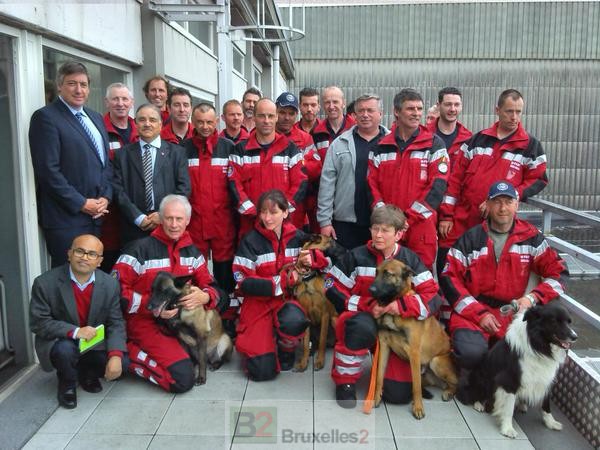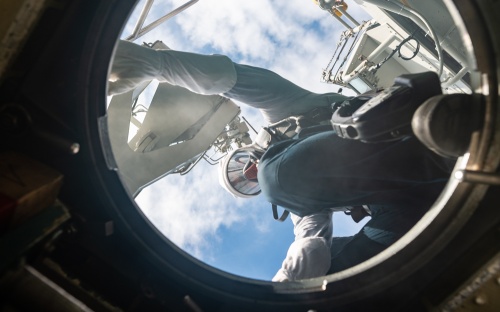Earthquake in Nepal. European aid gets under way

(BRUSSELS2) “ All the resources of the European Commission are mobilized to respond urgently to the devastating earthquake that hit Nepal yesterday declared the European Commissioner for Humanitarian Aid, the Cypriot Christos Stylianides.
Considerable damage
The damage according to the first estimates is considerable. The number of injured is in the thousands. And a first official count mentions 2500 dead. Many tourists could also have been affected both in Kathmandu and at the various sites in the Himalayas. The earthquake caused multiple avalanches killing at least 18 people.
European expertise on site
European humanitarian aid and civil protection experts are already on the ground in Nepal to assess needs. The EU Civil Protection Mechanism has been activated ". And the European Commission's Emergency Coordination Center (ERCC) is working around the clock to " monitor developments and coordinate support from Europe ". " We are in contact with Member States to provide search and rescue teams, medical units and shelters in the most affected areas of Nepal” explained Stylianides. The European Commission has released 3 million euros in emergency aid, he announced. She can also co-finance the transport of European aid to Nepal said one of its spokespersons.
European rescue teams on the way

Several Member States — Belgium, Finland, Germany, Greece, the Netherlands, Poland and Sweden — have already offered search and rescue teams, water purification systems and assistance technical, said a Commission spokesperson.
On the French side, a first team of 11 rescuers (soldiers from the civil security (FORMISC) and firefighters) as well as basic necessities took off for Kathmandu on Sunday, announced Laurent Fabius (Nb: The plane could not however land the same day according to a team of France 2 who accompanies the rescuers).
On the Belgian side, a rapid reaction team, B-Fast, also appears on Sunday with 45 people on board.
A team of 62 specialized lifeguards (search and rescue, nurses and doctors, detection dog handlers and engineers) and 8 dogs left on board a Dutch army KDC10. La Farnesina (Italy) announces the departure of a team from the crisis unit of the Ministry of Foreign Affairs to Kathmandu to " provide consular assistance to the Italians currently in Nepal anda team peak civil protection. Other ways will be quickly dispatched according to the needs and requests of the authorities and NGOs “, we say to the Commission.
The probability of an earthquake: certain
The city of Kathmandu, located dangerously close to a major fault line dividing the Indo and Asian Plates makes facing the threat of being hit by an earthquake at any time wrote in 2012 according to Pierre Prakash, the regional information manager for the South-East (read here). " It's not a question of "if", but of "when", the Nepalese capital will face a natural disaster of catastrophic proportions » A frightening prospect, which prompted the European Humanitarian Aid Office (ECHO) to fund an urban disaster preparedness project, with particular emphasis on building the city's capacity in emergency health response.
A prediction of the worst
The last time a major earthquake hit Kathmandu, ct was in 1934. The toll had been disastrous: with 8000 dead and 60% of the buildings destroyed. Since then, the city's population has grown fifteen times, transforming what was a provincial town into a sprawling metropolis. " If the same magnitude 8,1 earthquake were to hit it tomorrow in the same proportion, conservative estimates predict a minimum of 100.000 dead, 300.000 injured requiring medical attention, one million people displaced, and 60% of schools destroyed. underlined P. Prakash.
NB: In a way, with an epicenter located 80 km from the capital, Kathmandu has escaped the worst, even if the toll should seriously increase when relief can reach all the affected areas.
(Nicolas Gros-Verheyde)


